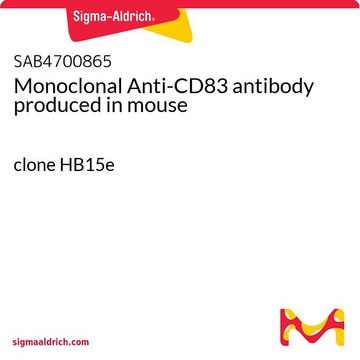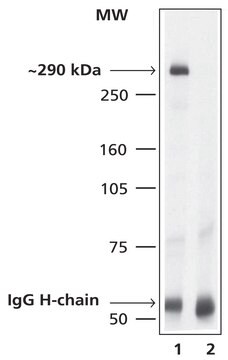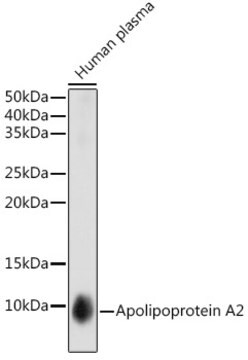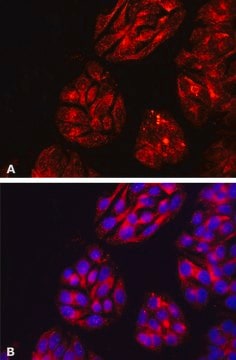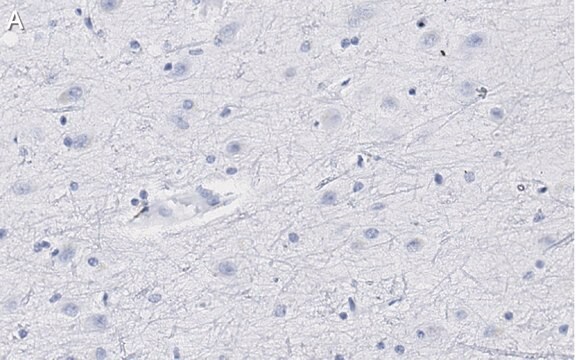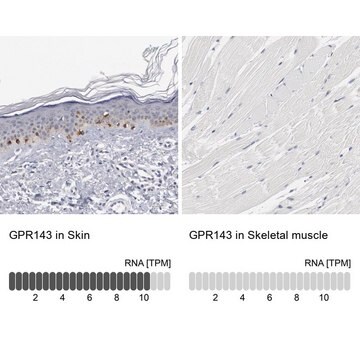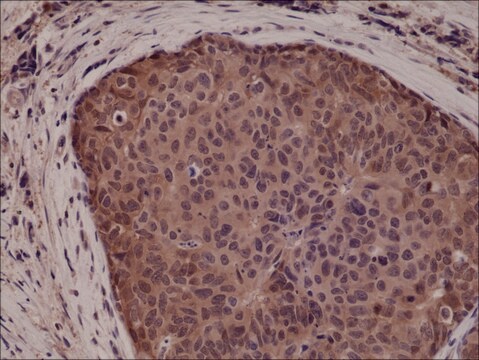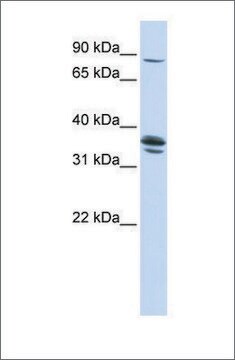SAB4700590
Monoclonal Anti-CD62L antibody produced in rat
clone MEL-14, purified immunoglobulin, buffered aqueous solution
Synonim(y):
Anti-L-selectin, Anti-Sell
About This Item
Polecane produkty
pochodzenie biologiczne
rat
Poziom jakości
białko sprzężone
unconjugated
forma przeciwciała
purified immunoglobulin
rodzaj przeciwciała
primary antibodies
klon
MEL-14, monoclonal
Formularz
buffered aqueous solution
reaktywność gatunkowa
mouse
stężenie
1 mg/mL
metody
flow cytometry: suitable
izotyp
IgG2a
numer dostępu NCBI
numer dostępu UniProt
Warunki transportu
wet ice
temp. przechowywania
2-8°C
docelowa modyfikacja potranslacyjna
unmodified
informacje o genach
mouse ... Sell(20343)
Opis ogólny
Immunogen
Zastosowanie
Cechy i korzyści
Postać fizyczna
Nie możesz znaleźć właściwego produktu?
Wypróbuj nasz Narzędzie selektora produktów.
Kod klasy składowania
10 - Combustible liquids
Temperatura zapłonu (°F)
Not applicable
Temperatura zapłonu (°C)
Not applicable
Wybierz jedną z najnowszych wersji:
Certyfikaty analizy (CoA)
Nie widzisz odpowiedniej wersji?
Jeśli potrzebujesz konkretnej wersji, możesz wyszukać konkretny certyfikat według numeru partii lub serii.
Masz już ten produkt?
Dokumenty związane z niedawno zakupionymi produktami zostały zamieszczone w Bibliotece dokumentów.
Nasz zespół naukowców ma doświadczenie we wszystkich obszarach badań, w tym w naukach przyrodniczych, materiałoznawstwie, syntezie chemicznej, chromatografii, analityce i wielu innych dziedzinach.
Skontaktuj się z zespołem ds. pomocy technicznej